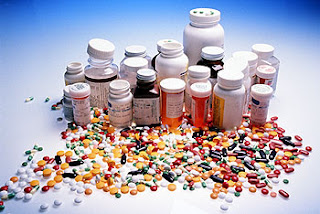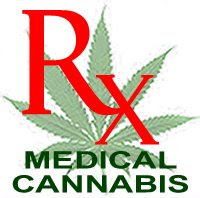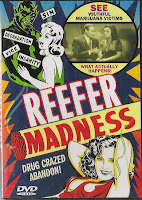 Guess which drugs twenty percent of all college students are taking with frightening regularity? Cocaine? Nope. Heroin? Nope. Marijuana? Uh…no. Give up? Prescription painkillers, stimulants, sedatives, and sleeping pills–booyah!
Guess which drugs twenty percent of all college students are taking with frightening regularity? Cocaine? Nope. Heroin? Nope. Marijuana? Uh…no. Give up? Prescription painkillers, stimulants, sedatives, and sleeping pills–booyah!
According to a recent study out of the University of Michigan, about one-fifth of U.S. college students are taking prescription pills to get high. And getting them is easy, much easier than getting other illicit “street drugs”. The research findings come from a survey that was conducted looking at over 3,600 college students with an average age of 20 or younger. Students were asked if they took any of the four types of prescription drugs: opioids; stimulants; sleeping pills; and sedative or anti-anxiety pills. 60% admitted to taking these drugs for medical reasons, while a whopping 20% admitted to taking the drugs non-medically.
The students were also asked whether they had done anything illegal to get drugs, whether they had blackouts due to drug use, felt guilty about drug use, or felt sick after stopping taking the drugs. A “yes” answer to three or more of these questions classified them as having a drug abuse problem. Apparently getting the drugs was as simple as going to the dentist for wisdom teeth extractions and getting thirty Vicodin along with one refill. Add a little alcohol and what have you got? A potential habit on your hands.
With the use of ADHD stimulant drug Ritalin on the rise among all teens and this becomes a very scary notion. The problem is that many people see these drugs as OK, since they come from a medical doctor. And if the MD prescribes it, it’s got to be OK, right? Well these drugs are all controlled substances–that is, you can’t buy them over the counter; you need a scrip to get ’em. They’re controlled substances for a reason: They have a high potential for abuse and they can be dangerous if taken improperly.
I think that the real warning here needs to go out to parents, and especially doctors. Parents can’t control everything their kids do, but a doctor can limit what goes out to these youngsters. The truth of the matter is that humans are incredibly resilient, so I’m not sure that 60 Vicodin are needed by many–if any–young tooth extraction patients. I had a cracked tooth and subsequent root canal myself back in January, and I survived on a weeks supply of Motrin (a non-steroidal anti-inflammatory [NSAID]). No chance to get high there, and the NSAID did the trick as far as getting me over the hump; so, 60 Vicodin?
I think it’s high time docs started discriminating a bit more before passing out scrips. There’s plenty of other stuff kids can get high on, so why add fuel to that fire. Prescription drugs are dangerous, just ask Heath Ledger and Anna Nicole Smith–oh wait, you can’t. Well, that’s just my humble opinion, anyway.












